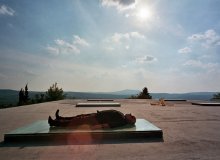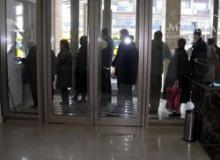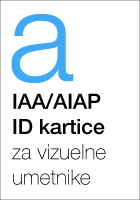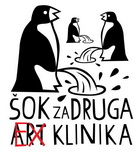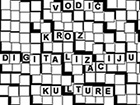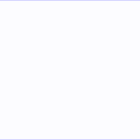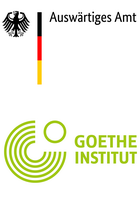Do Good - Self-aid and Support
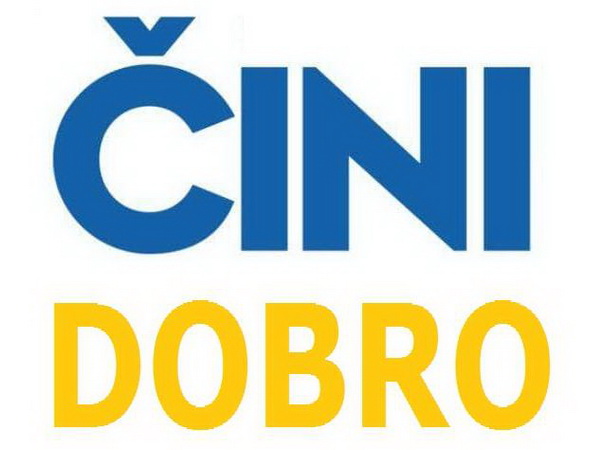
Ukrainian citizens who fled to Serbia after Russia started a war against their country, as well as those who came to these areas earlier, got a new organization last summer, which is currently primarily engaged in collecting humanitarian aid and self-support, but also in affirming Ukrainian culture and language by trying to break prejudices in the Serbian public. Association "Čini dobro“ (Do Good), which was officially registered in September, has been working since June to bring together the old and new Ukrainian diaspora in Serbia, and so far has organized a series of aid actions for refugees who are in the reception center in Vranje, as well as various educational, cultural and other activities for Ukrainians who are in Belgrade, especially thinking about the needs of children.
Immediately after the start of the war in Ukraine, the idea of the need to help Ukrainians coming to Serbia was born, because there were no similar organizations. "We have a diaspora that is more than 45 years old, but most of them are in Vojvodina (Kula, Vrbas, Sremska Mitrovica...) and more cultural events take place there. Of course, they also help refugees in Vranje..." Anastasiia Murdzynska from the organization "Do Good", who has been living and working in Belgrade for five years, said in an interview for SEEcult.org.
The foundation of the Association came about after talks with representatives of the Ukrainian Embassy, where the first gathering was held in June - a kind of holiday for children, who came from Kragujevac and Novi Sad. At that time, there was already a problem of organizing the arrival of children from Vranje, since the Commissariat for Refugees said that only an organization could undertake this, and not an informal group of active parents.
"From June 1, we started preparing documents, discussed the name, agreed that it should be 'Do Good'... Now our main goal is to preserve the Ukrainian identity - language and culture, and help refugees in Serbia", stated Murdzinska, expressing the hope that the war in Ukraine "will not last for years" and that the association will continue to work even after its end, and that it will be able to replace humanitarian activities with greater engagement in the field of culture.
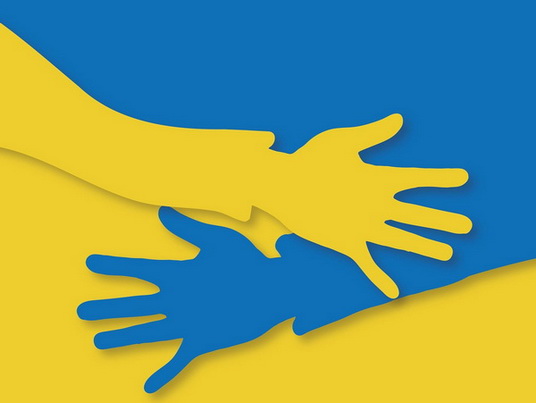
Photo: Pixabay
According to her, it is not known exactly how many Ukrainians have come to Serbia since the beginning of the war.
"They don't even know the exact number in the Commissariat for Refugees. They know the most about Vranje... Some Ukrainians do not take temporary protection, but take residence, because they are in different situations. Someone comes to their friends, someone has a husband or wife, so they regulate their stay on the basis of marriage...", she added. People come from all over Ukraine, and in the reception center in Vranje, most of them are from Lavrov, Odesa, Kherson, Donetsk, Luhansk, and there are also some from Kyiv. They are mostly women with children.
Ukrainians in Belgrade had several gatherings during the past fall. They also organized an art bazaar in the City Cultural Center. The Association "Do Good" plans various activities that would help their integration into the local environment.
The Association's office was officially opened on December 7 at 1a George Washington St., where they plan to hold various activities for Ukrainians, but also for Serbs. They are planning free Serbian language courses for Ukrainians, and there will also be workshops of Ukrainian folk drawing on plates.
"We have a girl from Zaporizhia who knows how to draw very well and will teach both children and adults. It's also a kind of therapy - to come to us, where 'everyone can be themselves', to be able to talk, to meet their people, and plus they can draw," said Murdzinska. An English course for children is also planned, and they will try to organize it for adults as well, because they are also interested. "We also want to create a course of Ukrainian for Serbs - we have already met several people who would like to learn Ukrainian," she added.
The Ukrainian Embassy provides them with support, but not financially, but through participation in activities, recommendations... "We are a new association, we have been registered since September, many organizations want to cooperate with us, but on the other hand, we are new, and when the Embassy supports us we already have different status", said Murdzinska.
They cooperate with the Center for Protection and Assistance to Asylum Seekers (APC), with Women in Black, New Optimism... They also cooperated with the Department of Ukrainian Studies at the Faculty of Philology of the University of Belgrade, and at the end of November, the first educational and entertaining Ukrainian language learning was held for children from the reception center in Vranje. "We will continue similar activities, now among our priorities is the collection of humanitarian aid, but these days we also have the first free excursion for interested Ukrainians around Belgrade. We are constantly trying to create an event that will bring us together", said Murdzinska.
According to her experience, all the Serbs she has met so far would like to help, but when it comes to talking about politics - it's a different story.
"Everyone knows what war is, that help is needed, they are very open, but when they start talking about the risk, the political situation, it's already different. Then they often start talking about the fact that the Russians are brothers, that we are to blame for the war... Or when they ask me what language we speak. I say we know Russian, but most people speak Ukrainian, especially since the war started. Now many of the people who came here and whom I met will not speak Russian, will not hear Russian. Now they won't even meet the Russians... There are many Russians who are against the war, who came here, but it doesn't matter to the Ukrainians whether they are against the war or for the war, they won't talk to them, listen to them - because their father, brother, son... is there now at the front. And that hurts them the most, not the Russian who came now. That's why the situation is really unpleasant", stated Murdzinska, who is particularly irritated by the light leveling of Russian and Ukrainian.
"A Russian does not understand me when I speak Ukrainian, but I understand a Russian speaking Russian. Serbs don't understand that. And I am not saying that Serbian and Croatian are the same language. No, it's not the same, you are different countries, you have your own language, you have your own difference, I think that even with you there is less difference than between Ukrainian and Russian, but I treat it with respect. I know that you speak Serbian and that's it," she added.
As for the security of Ukrainians in Belgrade, he believes that it is a complex and difficult issue.
"If I go to a protest - I go to say NO to the war. I say that it is a war and not a military operation... We are not doing anti-Russian propaganda, we are doing anti-war propaganda. Not against Russia - there are also normal people there, although there are fewer of them unfortunately... We don't really feel comfortable when we go to Knez Mihailova and see all those shirts with the inscription Z, Putin's face... I don't understand Serbs who wear that Z on themselves. It's strange to me. Or they write Z on the car and drive around the city...",
Murdzinska said, especially mentioning the destruction of the mural dedicated to the Ukrainian poetess Lesya Ukrainka near the Crocodile Center.
"I don't understand who Lesya Ukrainka is bothering. Not even a week has passed (since the mural was painted), they wrote the letters (verses), after a month they put black paint over the eyes... I don't know who did it, but I think it's not normal", added Murdzinska, pointing that some of her compatriots are even afraid to say that they are from Ukraine: "Some say that they are from Germany, but they speak English well... Or they say that they are from Poland, or from Russia... Then there is no problem, then they are all your brothers", she added smiling.
She herself had an unpleasant experience when she was at an anti-war protest organized by the informal group "Russians, Ukrainians, Belarusians and Serbs against the war": "We walked from Republic Square to the Russian Embassy, there were many of us, and then we went home. I was returning to Republic Square with three other girls from Ukraine, and one of them wrapped our flag around her. One man followed us, boasted that we were prostitutes, another spat on our flag, the third also shouted..." Murdzinska added.
She does not rule out returning to Ukraine after the end of the war, although she came to Belgrade with her husband for business reasons and gave birth to a son in the meantime.
"While the war is going on, my mission is greater here, also because of the activities of the Association. I am not alone in this, people want to help, to work. Our mission here is bigger than in Ukraine. When the war ends, I don't know... I didn't plan to come back. I haven't lived in Ukraine for 11 years. I graduated from university in Warsaw, I lived in Poland for six years, I'm already used to being an emigrant. But when the war started, something in my heart really hurt. I do not rule out that I might return", she added.
(SEEcult.org)
*Funded by the Stabilisation Fund for Culture and Education 2022 of the German Federal Foreign Office and the Goethe Institut

